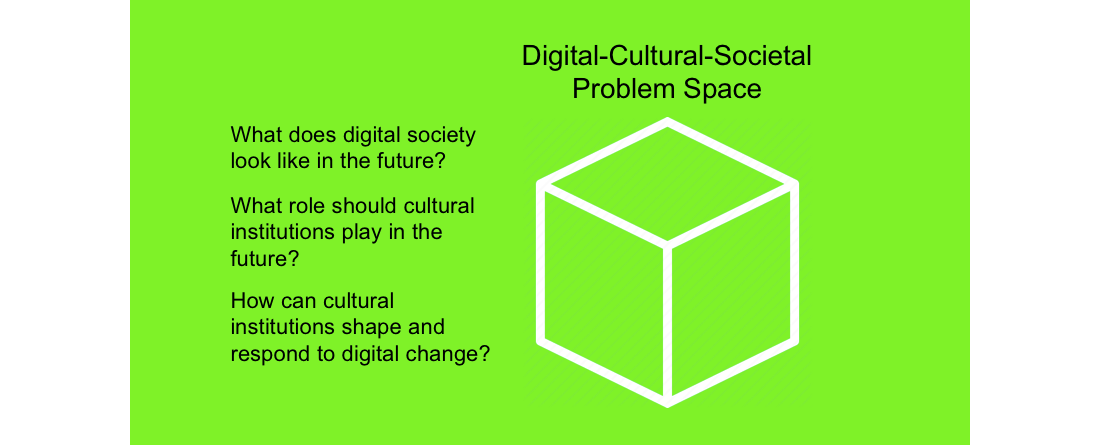Reference slides for Hands On! conference talk: Youth, Megacities, and the New Museums of the Future
A long, excruciatingly comprehensive set of “reference slides” (and work in progress) from my short, November 2025 talk at the Hands On! Conference at the Eureka! National Children’s Museum conference Liverpool.
At some point I’ll boil this down into a shorter, 20-30 slide summary but for now I wanted to try to lay out the whole case in all its glory, warts and all.
Download/view
PDF
Slides (via Google Slides)
Contents
Intro/overview: Why build a children’s museum (or any kind of museum) now?
Interlude — 3 stories
The world we live in — cultural revolution and axiological rifts
What does this mean for young people?
What does this mean for our institutions and practice?
Change is possible
Questions I often get at this point
Helpful frameworks (tools for thinking and working together)
The Big Frikin’ Wall; Zuckerman Quadrant; Think Big, Start Small, Move Fast, Activism, & etc
The emergence of children’s rights and the rights of future generations
Leverage Points in a System (Donella Meadows)
Examples - real-world inspiration (~60 projects)
Current work – bringing the vision to scale
Conclusion
More context (cross post from LinkedIn)
Reference slides for "Youth, Megacities, and the New Museums of Tomorrow" — a short talk I gave at the Hands On! - International Association of Children in Museums conference in Liverpool in November.
I'm arguing here...laying out the evidence and rationale...that we are in the midst of a cultural revolution — a "phase change" in the functioning of the world — that is driving a wedge between young people and their human right to shape and enjoy a common future.
These changes affect all of us profoundly, and in response, I think that children's museums — all knowledge, memory, and "cultural" institutions, really — need to dramatically reconsider their purpose, scope and methods.
We need to up our game, and fast.
As Greta Thunberg told the European Parliament in 2019, seemingly a thousand years ago, "Everyone and everything has to change. But the bigger your platform, the bigger your responsibility. The bigger your carbon footprint, the bigger your moral duty."
C02 is a big driver of the cultural revolution(s) and "rift" but as I see it, the main challenge lies in the combinatory effects of climate change and biodiversity loss, digital (Big Tech) and biotech, concentrations of wealth and power, and the advent of a new kind of change (accelerating, tipping points, delays between cause and effect) that exceeds our human capacity to think, learn, and make wise decisions in an era that needs, as Zeynep Tufekci says, "all the sociological imagination we can get."
That's *a lot* to take in. It's a big problem space and a big "ask" to figure out a new way to work and act in such an uncertain time. But the great systems thinker Donella Meadows observed that paradigms in transition are actually easier to change.
And the good news is that there are loads of inspiring, practical examples to draw from for those who have the curiosity and imagination to think about our institutions and practice in new way. I've included over 60 examples of projects, exhibits, and strategies in these reference slides as well as a dozen or so frameworks and "thinking tools" that I've found particularly useful over the years.
What is the road ahead? I think it's to move beyond the idea that young people are small "future adults" to be educated and toward the idea that young people are legitimate and forceful civic actors with the rights, capabilities, and moral standing to shape the world on their own terms.
But to achieve this paradigm change, young people everywhere need dramatically better allies and institutions from the world of adults, and there are lessons here for all of museum and cultural practice.
"I came away both slightly terrified about the world young people are growing up in and inspired to do something about it" is how session chair Nick Woodrow, a Board member at Eureka! described my talk, and terrified and inspired is how I feel too ;)

























